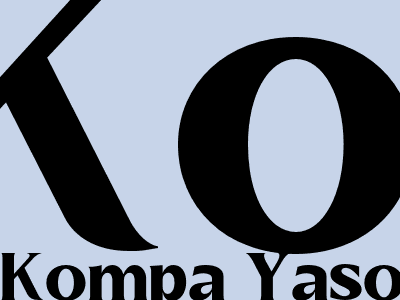
SEO for Musicians: A Comprehensive Guide to Getting Your Music Heard
Introduction
In today's digital age, it's more important than ever for musicians to have a strong online presence. Search engine optimization (SEO) can help you get your music heard by more people and grow your fanbase. In this guide, we'll cover everything you need to know about SEO for musicians, from keyword research to link building.
Keyword Research
The first step to SEO is keyword research. This is the process of finding the words and phrases that people are searching for online. Once you know what people are searching for, you can optimize your website and content to rank higher in search results.
There are a number of different ways to do keyword research. You can use Google Keyword Planner, Moz Keyword Explorer, or Ahrefs Keywords Explorer. These tools will help you find relevant keywords and phrases, as well as data on search volume and competition.
On-Page Optimization
Once you have a list of keywords, you can start optimizing your website and content. On-page optimization refers to the changes you make to your website to make it more search engine friendly.
Some of the most important on-page optimization factors include:
- Title tags: The title tag is the title of your webpage. It should be concise and descriptive, and it should include your target keyword.
- Meta descriptions: The meta description is a brief summary of your webpage. It should be informative and engaging, and it should include your target keyword.
- Header tags: Header tags (H1, H2, H3, etc.) are used to structure your content. They should be used to highlight important keywords and phrases.
- Content: The content on your website should be high-quality and informative. It should be relevant to your target keywords, and it should be written in a clear and concise style.
- Images: Images can help to improve the visual appeal of your website, and they can also be used to improve your SEO. Make sure to use descriptive alt text for your images, and include your target keywords in the alt text.
Off-Page Optimization
Off-page optimization refers to the things you do outside of your website to improve your SEO. This includes things like link building, social media marketing, and guest blogging.
Link building is one of the most important aspects of off-page optimization. Links from other websites help to tell Google that your website is authoritative and trustworthy. The more high-quality links you have, the higher you will rank in search results.
Social media marketing is another great way to improve your SEO. When you share your content on social media, you are reaching a wider audience and increasing the chances that people will find your website. Guest blogging is a great way to get your content in front of a new audience. When you guest blog on other websites, you are not only sharing your expertise, but you are also building backlinks to your website.
Measuring Your Results
It's important to track your results so that you can see what's working and what's not. There are a number of different ways to track your SEO results, including Google Analytics, Google Search Console, and Ahrefs Rank Tracker.
Google Analytics is a free tool that provides you with data on your website's traffic, including information on where your visitors are coming from, what pages they are visiting, and how long they are staying on your site. Google Search Console is another free tool that provides you with data on your website's performance in search results, including information on your rankings for specific keywords.
Ahrefs Rank Tracker is a paid tool that provides you with data on your website's rankings for specific keywords. This tool can be helpful for tracking your progress over time and seeing how your rankings are affected by changes to your website and content.